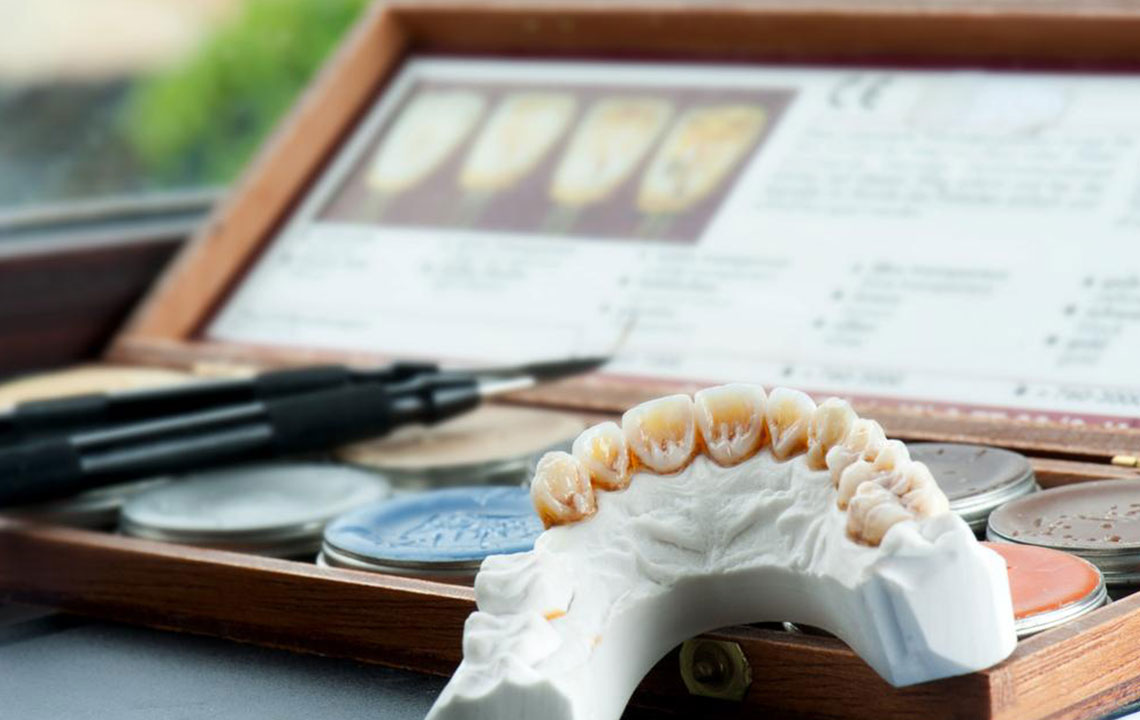A Comprehensive Guide to Chipped Tooth Repair Costs and Treatments
This comprehensive guide explores the various treatment options and cost factors associated with repairing chipped teeth. From simple bonding and reshaping to advanced procedures like veneers, root canals, and crowns, understanding these treatments helps patients make informed decisions. The article highlights that costs vary based on damage severity, treatment complexity, and location, emphasizing prompt care for optimal results and a natural appearance.

Understanding the Factors Influencing the Cost of Chipped Tooth Restoration
Accidents are an inevitable part of life, and dental injuries such as chipped teeth are among the most common occurrences. Our daily activities expose our teeth to various risks, ranging from minor knocks to more significant impacts that can cause damage. Over time, even normal chewing and biting can weaken teeth, making them susceptible to chips and cracks. When such damage occurs, understanding the different treatment options and the factors influencing their costs becomes essential for making informed decisions.
Types of Chipped Tooth Repairs and Their Cost Factors
The severity of the chip significantly dictates the choice of treatment. Small chips might only require simple procedures, while extensive damage could necessitate more complex restorations. Dental restoration costs can vary dramatically, from as low as $300 for basic procedures to upwards of $5,000 for advanced treatments. The method selected depends on the extent of damage, location of the chip, and aesthetic considerations. The primary options available include bonding, veneers, reattachment, reshaping, root canal therapy, onlays, crowns, and fillings, each with their unique benefits and associated costs.
Minor chips can often be managed through simple reshaping or reattachment, which are quick, minimally invasive, and cost-efficient procedures. These approaches are often sufficient when the damage is limited and do not compromise the tooth's structural integrity.
Reattachment and Reshaping Procedures
In the rare cases where a chipped fragment remains intact and is retrievable, dental professionals may attempt to reattach the piece using special dental cements. This technique typically involves cleaning the fragment and the tooth, then bonding them together with dental adhesive. The procedure is straightforward, pain-free, and cost-effective, usually costing between $100 and $400 per tooth. It's an excellent option for preserving natural tooth material and achieving a seamless appearance.
Reshaping the tooth, known as enamel contouring, is another quick fix for minor chips. This involves gently removing small amounts of enamel to smooth out the damaged area, restoring the tooth's natural shape. The process is usually completed in a single dental visit and costs between $100 and $400. Both reattachment and reshaping are popular among patients seeking immediate aesthetic improvement without extensive procedures.
Dental Bonding: Restoring Your Smile
Dental bonding is among the most common and affordable ways to repair chipped or cracked teeth. This technique involves applying a tooth-colored composite resin directly onto the damaged area. The dentist prepares the tooth surface, applies the resin in layers, and then hardens it using a special curing light, resulting in a highly natural appearance. Bonding is durable, lasting up to ten years with proper care, and typically costs between $300 and $600 per tooth.
One of the key advantages of dental bonding is its minimally invasive nature. Often, minimal enamel removal is required, preserving most of the natural tooth structure. Bonding can effectively repair small to moderate chips on front or back teeth, restoring both function and aesthetics. It's an ideal choice for patients seeking a quick, conservative, and cost-effective repair solution.
Veneers: Enhancing Aesthetics for Major Chips
For more significant chips or when aesthetic concerns are paramount, porcelain veneers offer a durable and natural-looking solution. The process involves removing a thin layer of enamel from the front surface of the affected tooth, then bonding a custom-made veneer to restore its shape and color. Since the procedure involves enamel removal, it is slightly more invasive than bonding but provides a long-lasting result.
While waiting for the permanent veneer, patients are often fitted with a temporary shell. The cost of veneers can range from $500 to $2,500 per tooth, depending on the materials used and the complexity of fabrication. Veneers are especially popular for front teeth, as they can completely mask chips, discolorations, and minor misalignments, dramatically improving the smile's appearance.
Root Canal Therapy: When Damage Extends Internally
If the impact that caused the chip is severe enough to reach the pulp or root canal of the tooth, a root canal procedure may be necessary. This treatment involves removing infected or damaged pulp tissue, disinfecting the root canal, and sealing it to prevent further infection. Root canals are performed by general dentists or specialists and are essential for saving severely compromised teeth.
The cost for root canal therapy varies depending on the tooth's location and complexity but generally ranges from $700 to $2,100. After the root canal, the tooth often requires additional restoration, such as a crown, to provide strength and protection.
Onlays and Crowns: Restoring Large Damages
For extensive decay or fractures involving a significant portion of the tooth, onlays and crowns are effective restorative options. Onlays are custom-made restorations fabricated in a dental laboratory and fitted onto the tooth, typically made from porcelain or gold. They restore the affected area, preserve remaining healthy tooth structure, and ensure durability.
If the damage is severe and affects the majority of the tooth, a full crown might be required. Crowns fully encase the tooth, restoring its shape, size, and function. The costs for onlays and crowns span from $200 to $2,500, depending on the materials and labor involved. These restorations are essential for fostering long-term durability and functionality of the affected tooth.
Fillings and Other Restorations
In cases of minor fractures or decay, dental fillings provide an affordable and effective solution. Fillings generally cost between $100 and $500, restoring the tooth's integrity and preventing further damage. For larger or more complex fractures, a crown is usually recommended, with costs ranging from $200 to $2,500.
Factors Affecting the Cost of Chipped Tooth Restoration
Location of the chipped tooth (front teeth are often more expensive to restore due to aesthetic demands)
Severity and size of the fracture or chip
Type of damage and the extent of necessary repair
Involvement of adjacent tissues, blood vessels, or pulp
Required aesthetic procedures, such as bleaching or contouring
Geographical location and local dental fees
Insurance coverage and dental plan benefits
Addressing a chipped tooth promptly not only restores functionality but also preserves your confidence. Dental professionals recommend immediate consultation and treatment to ensure the best results, avoiding complications that could lead to more costly interventions later.





